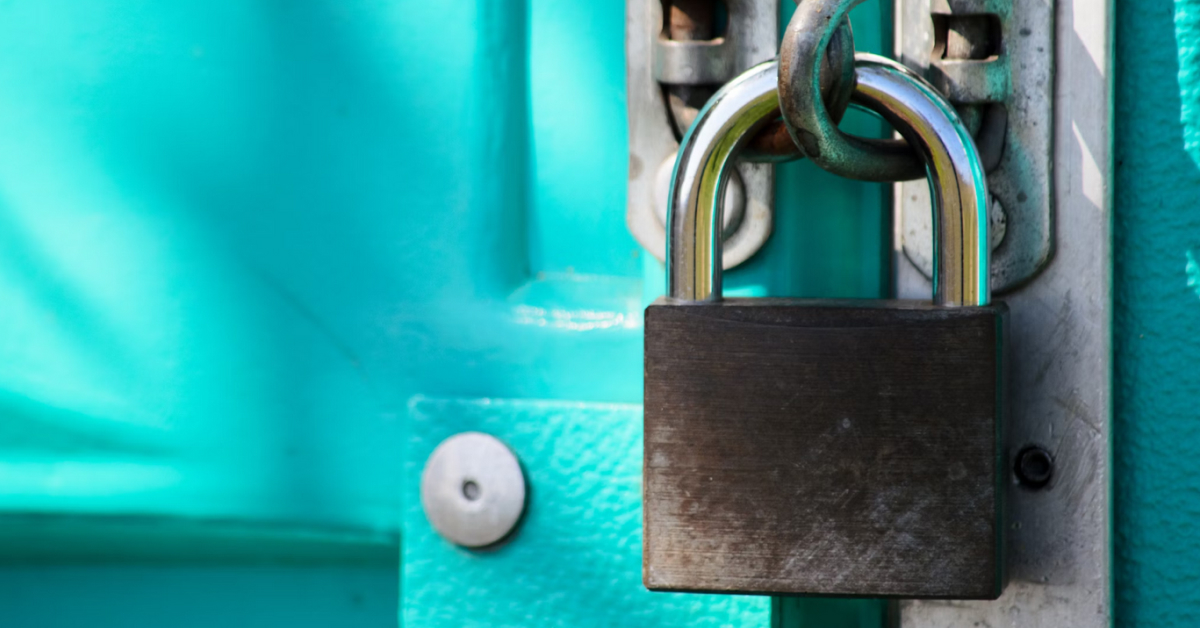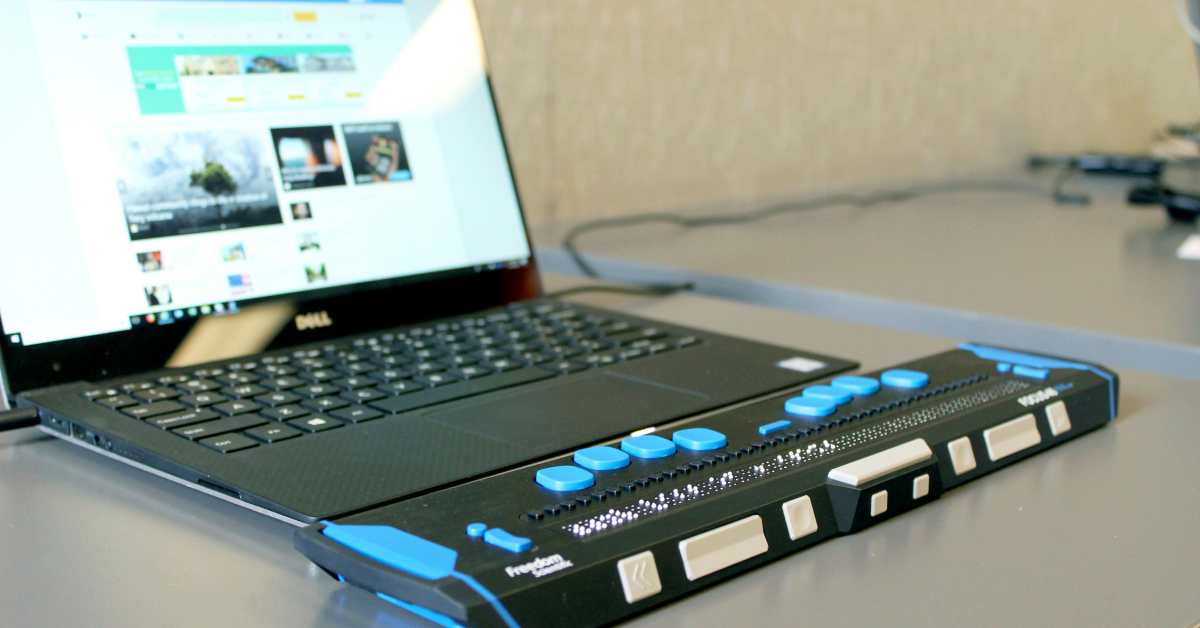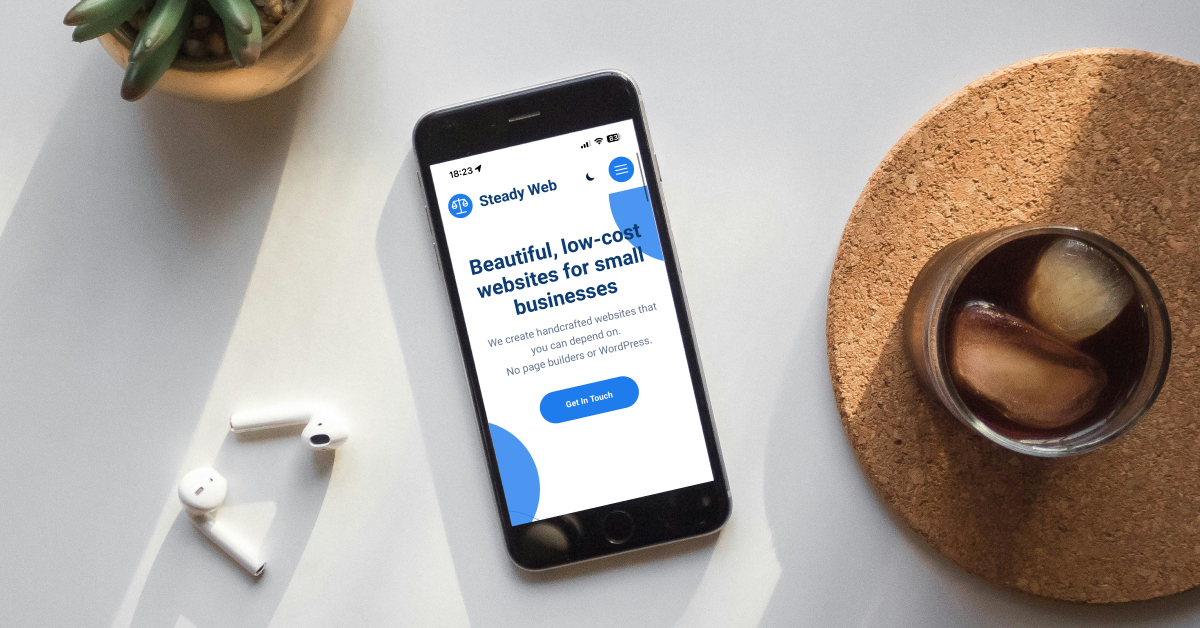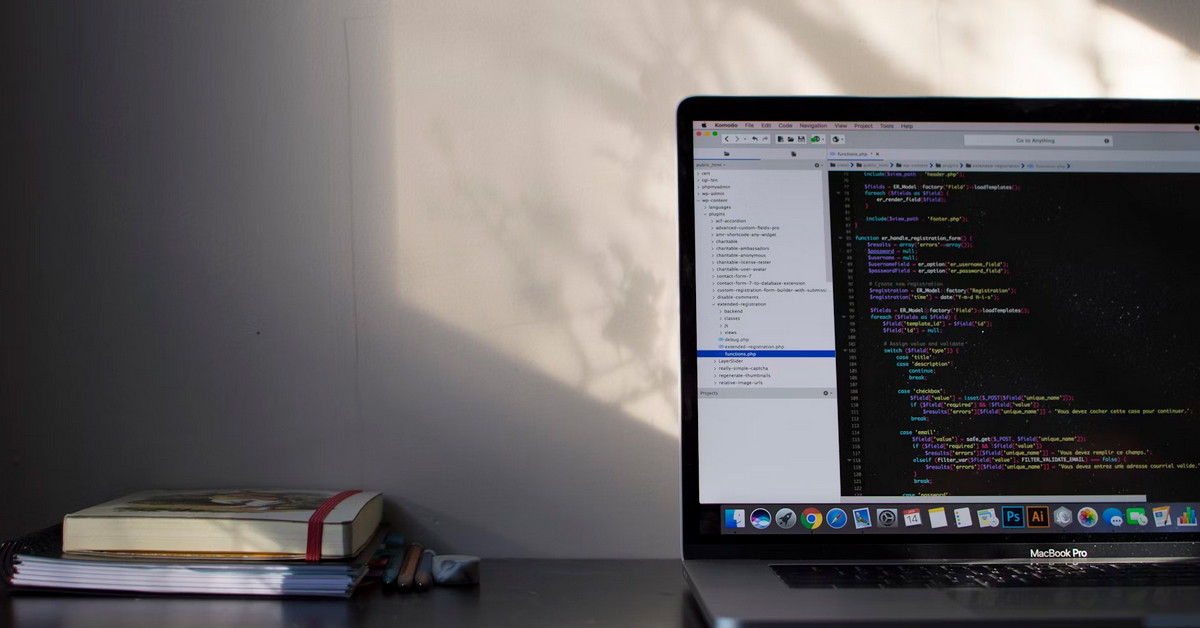
How to Know If a Website is Secure
Whether you’re a business owner managing a website or a visitor looking to browse safely, understanding website security is crucial. A secure website not only protects personal data but also builds trust with visitors, helping your business grow. For users, it’s essential to recognise whether a site is safe to engage with or potentially risky.
In this blog, we’ll break down three key indicators to help both website owners and visitors assess a site’s security.
SSL Certificates: Check for the Padlock and "HTTPS"
A Secure Sockets Layer (SSL) certificate is one of the most visible indicators of a secure website. SSL ensures that data exchanged between a visitor’s browser and the website is encrypted, making it harder for cybercriminals to intercept sensitive information.
For Website Owners
If your website doesn’t have an SSL certificate, it’s time to get one. Not only is it vital for protecting your users' data, but major browsers like Chrome also warn users when visiting sites that don’t have SSL, marking them as “Not Secure.” This can lead to potential clients and customers leaving your site before they even get to know your business. SSL certificates also signal trust to visitors, which is good from a brand perspective.
For Website Visitors
To check if the site you’re on is secure, look at the URL. A secure website will have a small padlock icon next to the address, and the URL will start with "https" (the "S" stands for secure). Avoid entering sensitive information, like credit card details, on any website without this indicator.
Modern Website Design
A well-maintained, modern website is more likely to be secure, as it adheres to current coding standards and security practices. Outdated websites often run on obsolete code, which can leave them vulnerable to hackers.
For Website Owners
If your website hasn’t had a design update in years, it's likely that your backend technology may also be outdated. Older plugins and themes may no longer receive updates or support, creating security gaps. Regular updates to your site’s design and code ensure compatibility with the latest web technologies and security protocols. It goes without saying that a good looking website will also bolster your brand’s identity and contribute to conversions.
For Website Visitors
If a website looks outdated or poorly maintained, it might not be secure. While design alone isn’t a guarantee of security, modern websites are typically built using the latest code, which makes them less vulnerable to attacks. A website that looks like it hasn't been touched in a decade may signal that the owner is not actively maintaining or securing it.
Domain Names
Cybercriminals often create fake websites that closely resemble legitimate ones, hoping to trick users into sharing sensitive information. This is called domain spoofing or phishing. These sites can look almost identical to the real thing, but the domain name might have small differences, such as missing letters or strange extensions.
For Website Owners
Protect your brand by securing the right domain names, especially those that could be easily confused with your own. Additionally, use domain monitoring tools to keep an eye on any fraudulent sites mimicking your brand. This not only helps you maintain your reputation but also protects your customers from falling into phishing traps.
For Website Visitors
Always double-check the URL before entering any sensitive information. For example, if you’re visiting the Apple website, make sure the domain reads apple.com, not something like aple.com or apple.xyz. Cybercriminals often use look-alike domains to trick users, so be cautious of misspellings, extra characters, or unusual domain extensions like ".biz" or ".shop" that aren’t associated with the original site.
Phishing attacks are more prevalent and sophisticated than ever. Always be vigilant when clicking on links, especially in unsolicited emails or messages.
Conclusion
By taking these steps, you can ensure that the websites you own or visit are safe to use, reducing the risk of cyber threats and building trust with your audience.
Do you need help securing or modernising your website? At Steady Web, we specialise in creating secure, modern websites that protect both you and your customers while also providing a fantastic user experience. Contact us today to learn more.




